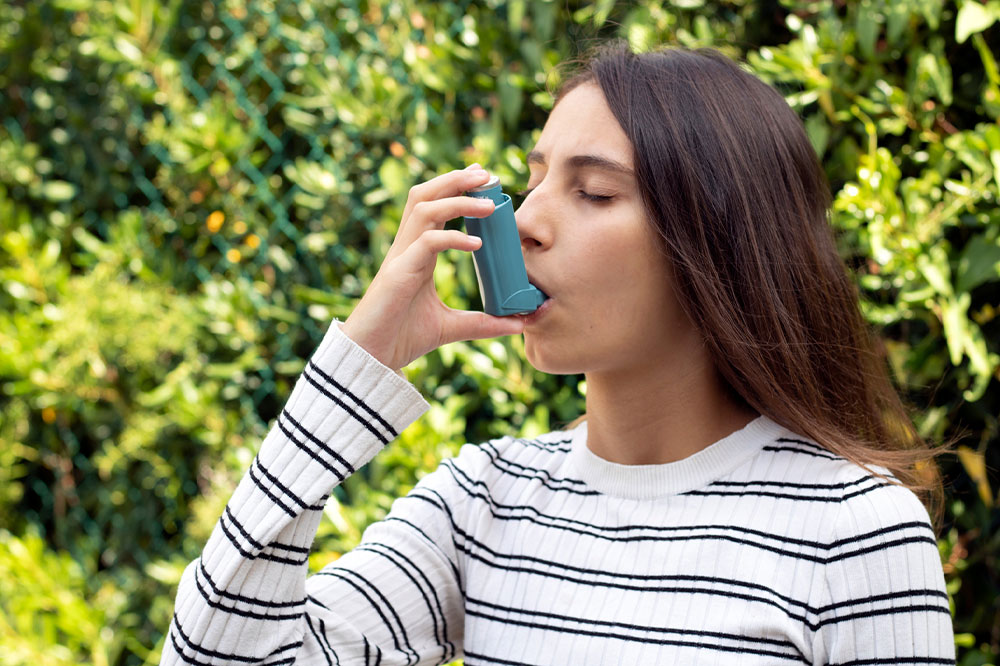Tips to prevent asthma attacks

Asthma is a chronic respiratory disorder that affects millions of people around the world. It mainly causes inflammation in the airways and excess mucous production, interfering with breathing. If left unchecked, sudden asthma attacks can affect the patient’s everyday activities and even be potentially life-threatening. Therefore, patients should know the first signs and take necessary preventive measures before things go out of control. Here are five simple tips that help prevent impending asthma attacks.
Identify and act swiftly
Early identification is crucial for preventing asthma attacks. The sooner the patient identifies the symptoms, the more effective their action plan is. Experiencing shortness of breath, tightness in the chest, or a drop in expiratory flow rate, even while doing the least physically demanding activity, are among the telltale signs of progressing asthma.
Carry preventive prescriptions
One can manage the signs with quick-relief prescriptions and long-term treatments. Generally, doctors recommend inhalers, tablets, and even allergy shots to counter asthma attacks. In severe cases, inhaled corticosteroids, leukotriene modifiers, and beta-agonists help overcome the inflammation and relax the airway muscles. Patients must carry these prescriptions wherever they go to combat an emergency.
Avoid unnecessary exposure
Most asthma attacks are triggered by airborne pollutants like pollen, mold, spores, and pet dander. These tiny particles trigger inflammation in the airways and block the respiratory passage. Therefore, avoiding unnecessary exposure and covering the face while venturing out can help prevent the symptoms from worsening.
Get vaccinated
Getting vaccinated against the flu and pneumonia lowers the risk of asthma complications in the long term. Doctors even suggest getting Tdap vaccination for protection against tetanus, diphtheria, and whooping cough. Additionally, flu shots and booster shots make the immune system more resistant to common asthma triggers.
Modify the home environment
Clean and allergy-free surroundings keep asthma attacks at bay. Simple hygiene, disinfectants, proper sanitization, and clean furnishings can further lower the risk of allergic asthma. Breathing becomes easier even for healthy individuals as the risk of inflammation is low in a clean home.
Besides following these preventive measures, patients may use the following after consulting with a doctor:
NUCALA
NUCALA is recommended for severe eosinophilic asthma in combination with other common asthma treatments, such as inhalers. The injection is administered once every four weeks to help reduce and manage airway inflammation.
FASENRA
FASENRA is another potent injection to target and remove eosinophils from the body to lower the risk of asthma attacks. It is administered once every four weeks for the first three doses and then only once every eight weeks.




